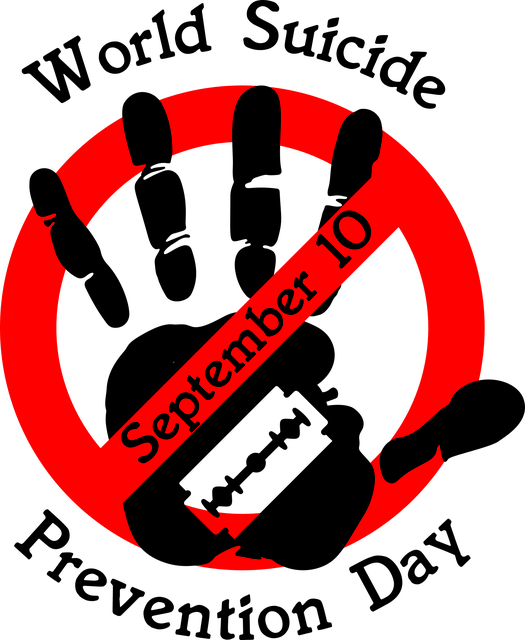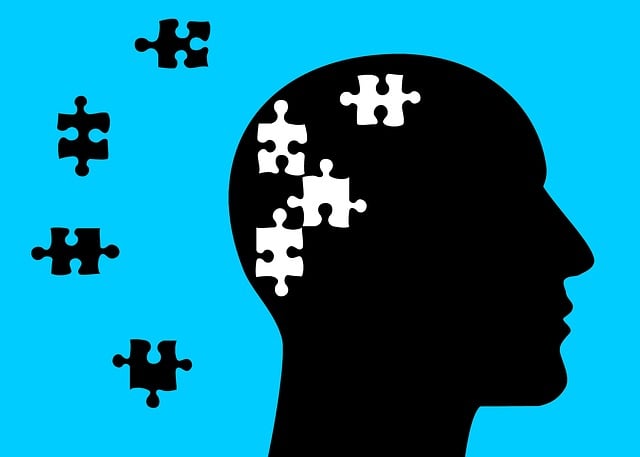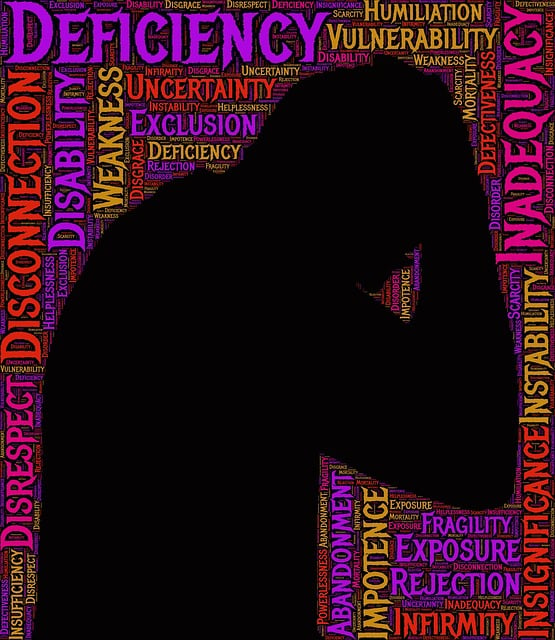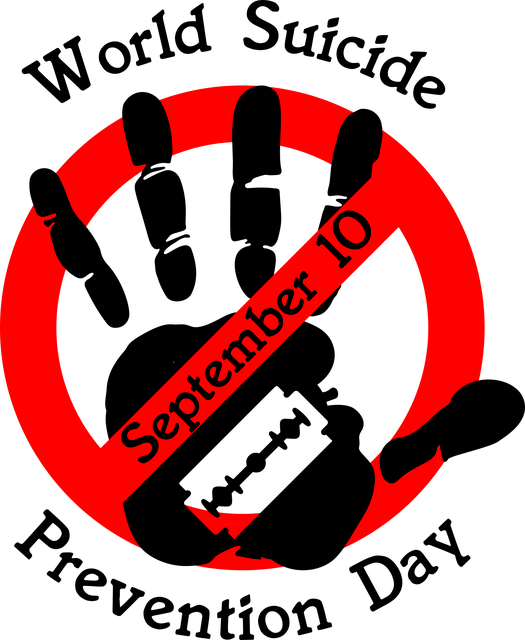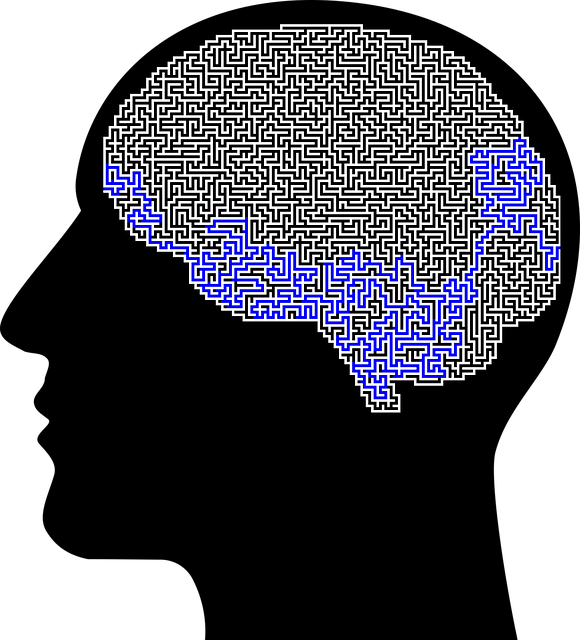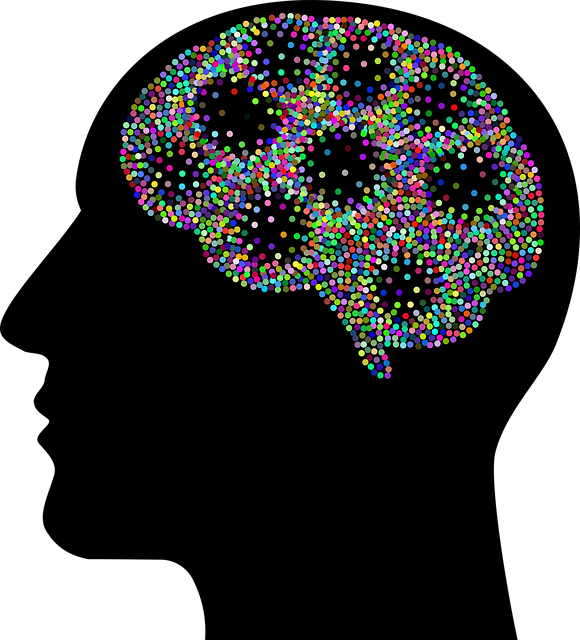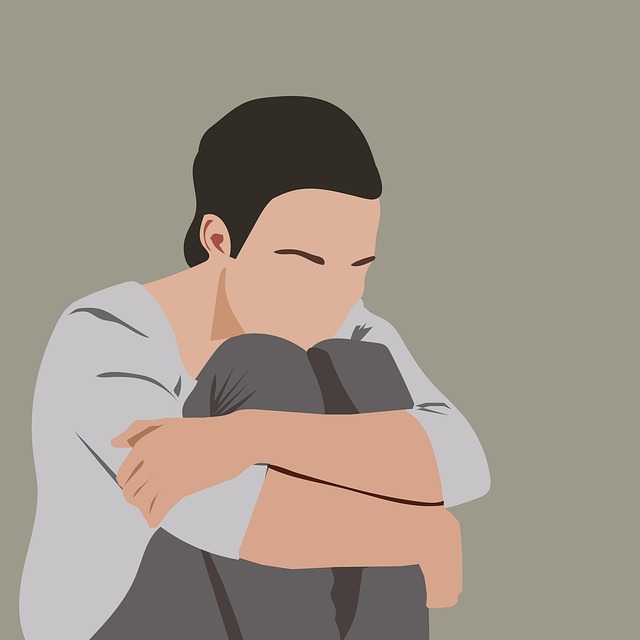Greenwood Village OCD Therapy distinguishes itself through crisis intervention strategies tailored for urgency and specialized care during intense moments, emphasizing emotional intelligence, positive thinking, and burnout prevention. Their holistic approach recognizes the link between therapist well-being and effective intervention, setting a new standard in OCD therapy. They identify red flags like persistent intrusive thoughts and functional impairment, assess risk, and provide comprehensive mental wellness coaching with mindfulness meditation for better outcomes. Short-term interventions stabilize individuals and offer immediate relief through CBT and exposure therapies, while long-term recovery focuses on resilience, self-care, addressing stigma, and integrating coping strategies to maintain stability and prevent relapses.
In the face of crisis, effective intervention can be a lifeline. This guide, informed by the expertise of Greenwood Village Obsessive Compulsive Disorder (OCD) Therapy, explores crucial strategies for navigating mental health crises. From recognizing red flags and assessing risk in OCD to implementing proven short-term support and fostering long-term recovery, this resource equips professionals and caregivers with essential tools. Discover how tailored interventions can make a significant difference in the lives of those struggling with OCD.
- Understanding Crisis Intervention: A Greenwood Village OCD Therapy Perspective
- Identifying Red Flags and Assessing Risk in Obsessive Compulsive Disorder
- Implementing Effective Strategies for Short-Term Support and Long-Term Recovery
Understanding Crisis Intervention: A Greenwood Village OCD Therapy Perspective

In the realm of mental health support, crisis intervention strategies are pivotal, especially when addressing conditions like Obsessive Compulsive Disorder (OCD). Greenwood Village OCD Therapy offers a unique perspective, emphasizing the urgency and specificity required in such situations. A crisis can be an overwhelming experience for both individuals suffering from OCD and the healthcare providers assisting them. Therefore, understanding effective intervention tactics is crucial to managing these intense moments.
The approach taken by Greenwood Village specialists incorporates various techniques, including emotional intelligence and positive thinking, as essential tools. Burnout prevention strategies for healthcare providers are also integral, ensuring that those offering support remain equipped to handle crises without succumbing to stress or fatigue. This holistic perspective acknowledges the intricate interplay between mental health professionals’ well-being and their ability to provide effective intervention during a crisis.
Identifying Red Flags and Assessing Risk in Obsessive Compulsive Disorder

Recognizing red flags is a crucial step in identifying individuals struggling with Obsessive Compulsive Disorder (OCD). Common obsessions and compulsions can manifest in various ways, from excessive cleaning routines to intrusive thoughts. Professionals in Greenwood Village OCD therapy should look out for persistent, intrusive thoughts or images that cause significant distress; repetitive behaviors aimed at reducing anxiety; and an individual’s inability to function normally due to these obsessions and compulsions. Assessing risk involves evaluating the severity of symptoms, history of similar episodes, and any potential harm to oneself or others.
For effective crisis intervention strategies, mental wellness coaching programs development emphasizes a comprehensive risk assessment for mental health professionals. This includes considering the individual’s overall mental wellness, their coping mechanisms, and the presence of other co-occurring disorders like anxiety or depression. Moreover, mindfulness meditation can be a valuable tool during assessment, helping individuals gain insight into their thoughts and emotions without judgment. By incorporating these approaches, professionals in Greenwood Village OCD therapy can provide tailored support, guiding individuals toward better mental health outcomes.
Implementing Effective Strategies for Short-Term Support and Long-Term Recovery

Implementing effective strategies for both short-term support and long-term recovery is crucial in crisis intervention. In the context of Greenwood Village Obsessive Compulsive Disorder (OCD) Therapy, a comprehensive approach involving Mind Over Matter principles can significantly enhance outcomes. Short-term interventions focus on stabilizing individuals, reducing acute distress, and providing immediate relief from symptoms. Techniques like cognitive-behavioral therapy (CBT), mindfulness practices, and exposure therapies help patients manage their conditions effectively.
Long-term recovery involves fostering resilience, preventing burnout, and addressing underlying mental illness stigma reduction efforts. By integrating coping strategies into daily life, individuals can maintain stability and prevent relapses. Burnout prevention is a key component, encouraging self-care, setting boundaries, and seeking support from both professional and personal networks. Ultimately, these strategies aim to empower individuals to lead fulfilling lives while managing their OCD or other mental illnesses.
Greenwood Village Obsessive Compulsive Disorder (OCD) therapy emphasizes a holistic approach to crisis intervention, combining short-term support strategies with long-term recovery plans. By identifying red flags and assessing risk factors, therapists can provide effective interventions tailored to individual needs. This guidance equips individuals and their support networks to navigate crises, promote healing, and foster resilience in the face of OCD challenges.
